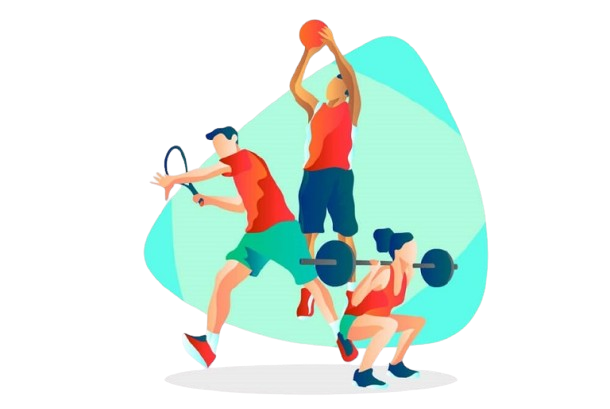Nootropics have surfaced as a trending subject in the world of cognitive science. Whether you’re a student pulling all-nighters, a professional juggling deadlines, or simply someone chasing peak productivity, nootropics promise to boost your brain.
So, what are nootropics really? They’re substances—natural or synthetic—that are believed to improve cognitive function. Focus, memory, creativity, motivation—all these may get a boost
## Types of Nootropics
Let’s unpack the main types of nootropics:
### Nature’s Brain Boosters
These include naturally occurring compounds that can boost cognition. Think of Ginkgo Biloba, Bacopa Monnieri, Rhodiola Rosea, Ashwagandha. These are often used for their antioxidant properties, stress-relief, and memory enhancement.
One cool example: Lion’s Mane, which helps rebuild nerve cells in your brain.
### Lab-Made Cognitive Enhancers
This category includes things like Modafinil, Adrafinil, and Racetams. They were originally created for medical conditions like dementia and ADHD.
If you’ve ever wanted to work 12 hours straight with a smile, Modafinil might be why.
### 3. Nutraceuticals & Vitamins
Some nutrients are critical for your brain to work optimally. Don’t underestimate good ol’ fish oil and a B-complex pill. Sometimes your brain just needs hydration and the right micronutrients.
## Mechanisms Behind the Magic
So how do these smart drugs actually work? They tweak your dopamine, acetylcholine, and serotonin pathways. All of this boils down to clearer thinking and better memory retention.
Acetylcholine is the big shot here—it’s key for memory and learning.
## Why People Use Them
Here’s what users report:
– Improved memory
– Increased focus and attention span
– Good vibes with productivity
– Faster learning
– Zen-mode activated
Your mileage may vary, but many report a mental edge that’s hard to ignore.
## Risks and Side Effects
Let’s talk risks. Some people experience insomnia, jitteriness, or headaches. Synthetic nootropics, especially, should be used with caution.
And not all nootropics are created equal. If it sounds too good to be true, it probably is.
## Smart Mixes
A popular practice is stacking—combining multiple nootropics for synergistic effects. Examples include:
– **Caffeine + L-Theanine**: Like espresso with a meditation app
– **Modafinil + Alpha GPC**: Hardcore productivity combo
– **Bacopa + Rhodiola + Lion’s Mane**: Balanced, plant-powered stack
Don’t want to DIY? Brands like Mind Lab Pro and Alpha Brain already did the math for you.
## Nootropics in Real Life
It’s not just biohackers and Reddit nerds anymore. Common users include:
– Students trying to ace finals
– Startup founders pulling 16-hour days
– Gamers looking for quicker reflexes
– Writers, creatives, and musicians
– Older adults preventing cognitive decline
## How to Start Using Nootropics Safely
So how do you start? Follow these steps:
1. **Start small**: Try natural supplements first
2. **Research thoroughly**: Use PubMed, Reddit, and real reviews
3. **Cycle your usage**: Give your brain a breather
4. **Track your results**: Everyone reacts differently
5. **Talk to a doctor**: Don’t wing it if you have health conditions
## Closing Brainwaves
Nootropics aren’t magic pills, but they’re not pure hype either. Like any tool, it’s how you use them that matters.
Curious enough to experiment wisely?
Read more: omeka.net (best nootropics cognitive enhancers)
